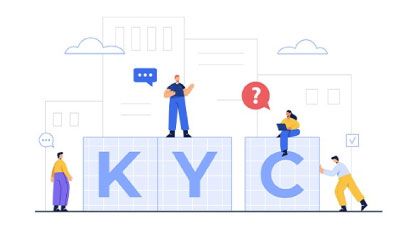Managing your auto loan payments effectively is critical for maintaining financial stability and avoiding unnecessary expenses. Missing an EMI (Equated Monthly Instalment) payment deadline can lead to auto loan late fees, which not only increase your loan costs but may also impact your credit score. If you are wondering how late fees are calculated, their implications, and how to avoid them, this guide will provide all the answers.
Bajaj Finserv offers tools and solutions to help borrowers manage their auto loans efficiently, ensuring timely payments and avoiding penalties. Read on to learn more about auto loan late fees and actionable strategies to keep them at bay.
What are auto loan late payment charges?
Auto loan late payment charges are penalties applied when borrowers fail to pay their EMI by the due date. These fees are designed to encourage timely payments and compensate lenders for the risk and inconvenience of delayed repayments.
When you default on your EMI payment for a Bajaj Auto Loan, late fees are added to your loan account. This increases the overall cost of the loan and can have long-term implications, such as:
- Higher financial burden: Late fees add to your repayment amount, making it more expensive to clear your loan balance.
- Negative impact on credit score: Delayed payments are reported to credit bureaus like CIBIL, which can lower your credit score and affect your ability to secure future loans.
To avoid these consequences, it is essential to understand your loan terms and payment due dates. Bajaj Finserv provides borrowers with digital tools like the Bajaj Finserv App to track their loan details and payment schedules effortlessly.












